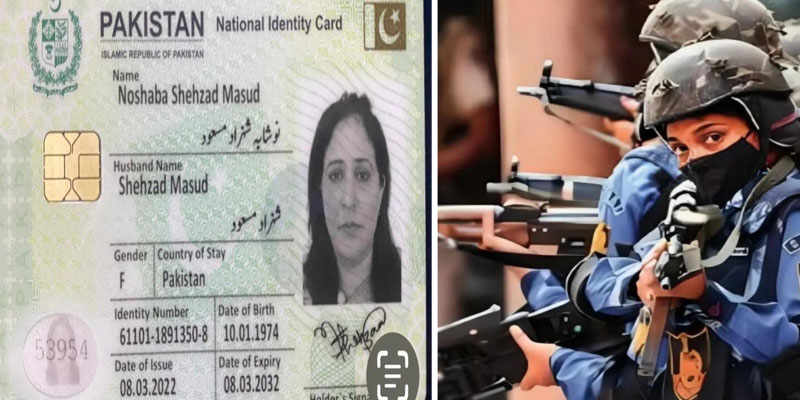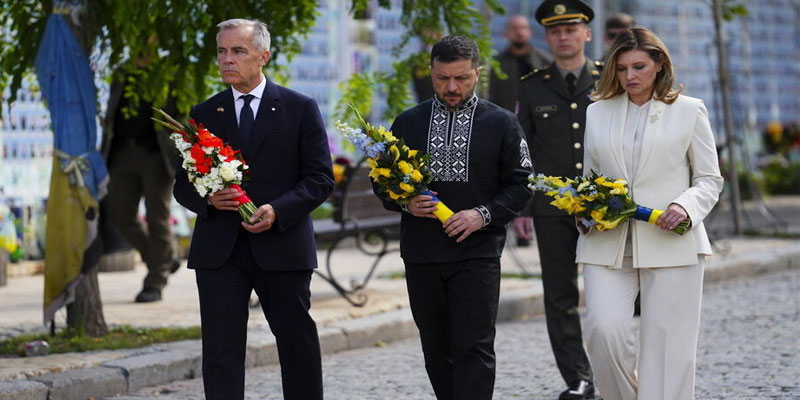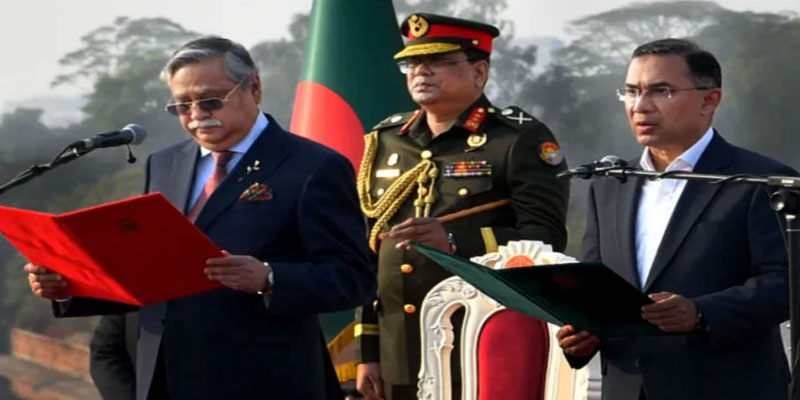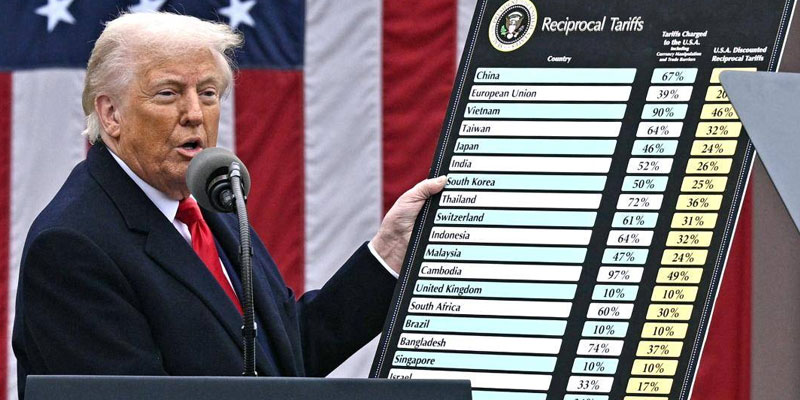The Face Behind the Veil: ISI’s Secret Weapon
Working under Pakistan’s notorious Inter-Services Intelligence (ISI), Lahore-based travel agent Noshaba Shehzad—known in espionage circles as ‘Madam N’—has emerged as the key figure in a covert operation to infiltrate India using unsuspecting Indian social media influencers and pilgrims.
Shehzad, a businesswoman who owns Jaiyana Travel and Tourism in Lahore, facilitated the travel of thousands of Indian nationals, primarily under the guise of religious tourism. But beneath this seemingly benign activity was a deeply embedded operation of surveillance, recruitment, and manipulation—reportedly aimed at building a sleeper cell network of over 500 individuals across India.
The Lure: Pilgrimage, Influence, and Hidden Motives
Madam N’s tactic was strategic and subtle. Targeting Hindu and Sikh influencers and pilgrims from India and abroad, she used religious and cultural sentiments to gain trust. Reports suggest that over 3,000 Indian citizens and 1,500 NRIs were assisted in visiting Pakistan over just the last six months—many under the impression that they were being given rare religious or cultural access.
Among those influenced was Jyoti Malhotra, an Indian social media influencer recently arrested for espionage-related activities. During interrogation, Malhotra revealed how Madam N played a pivotal role in facilitating their visa, travel, and contacts inside Pakistan.
According to intelligence sources, Shehzad acted as a linchpin between Indian recruits and Pakistan’s military intelligence. Once these Indian nationals entered Pakistan, many were subtly introduced to members of the ISI and the Pakistani military, under the pretext of networking, cultural exchange, or religious cooperation.
Institutional Backing and High-Level Access
What made Madam N’s operation particularly dangerous was her deep penetration into diplomatic channels. She reportedly maintained direct contact with First Secretary (Visa) Suhail Qamar and Counsellor (Trade) Umar Sheryar at the Pakistani High Commission in New Delhi. Her influence ensured that visas were granted with just a phone call, even though India and Pakistan do not have a formal tourist visa process.
Her network also included ISI operative Danish alias Ehsan-ur-Rehman, a visa officer stationed in Delhi, who was expelled from India shortly after Malhotra’s arrest. This diplomatic-military-business nexus enabled Madam N to bypass standard protocols, operating a sophisticated and dangerous espionage system masked as tourism.
The Money Trail and Propaganda Machine
Madam N also capitalized financially on this operation. While facilitating religious pilgrimages—particularly to Sikh and Hindu sites under the Evacuee Trust Property Board—she charged exorbitant amounts from Indian travelers. These funds, sources claim, were funnelled back into Pakistani propaganda efforts, supporting disinformation campaigns and media manipulation.
In recent months, she appointed travel agents in Delhi and other Indian cities, who began marketing her agency’s services on social media platforms—further expanding her recruitment funnel, especially among vulnerable or impressionable influencers seeking visibility or access.
A Wake-Up Call for Borderless Trust
The story of ‘Madam N’ is not merely a tale of espionage—it’s a stark reminder of how soft diplomacy tools like cultural exchanges and social media can be weaponized. Noshaba Shehzad’s operation exposed a sophisticated strategy by the ISI to infiltrate India not through brute force, but through trust, ideology, and influence.
As Indian authorities work to dismantle this covert network, the incident underscores the urgent need for robust cross-border vigilance, digital awareness among influencers, and tighter scrutiny on visa facilitation channels. The age of spies hiding in shadows is fading—today, they move through airports with smartphones and hashtags.
(With agency inputs)



















